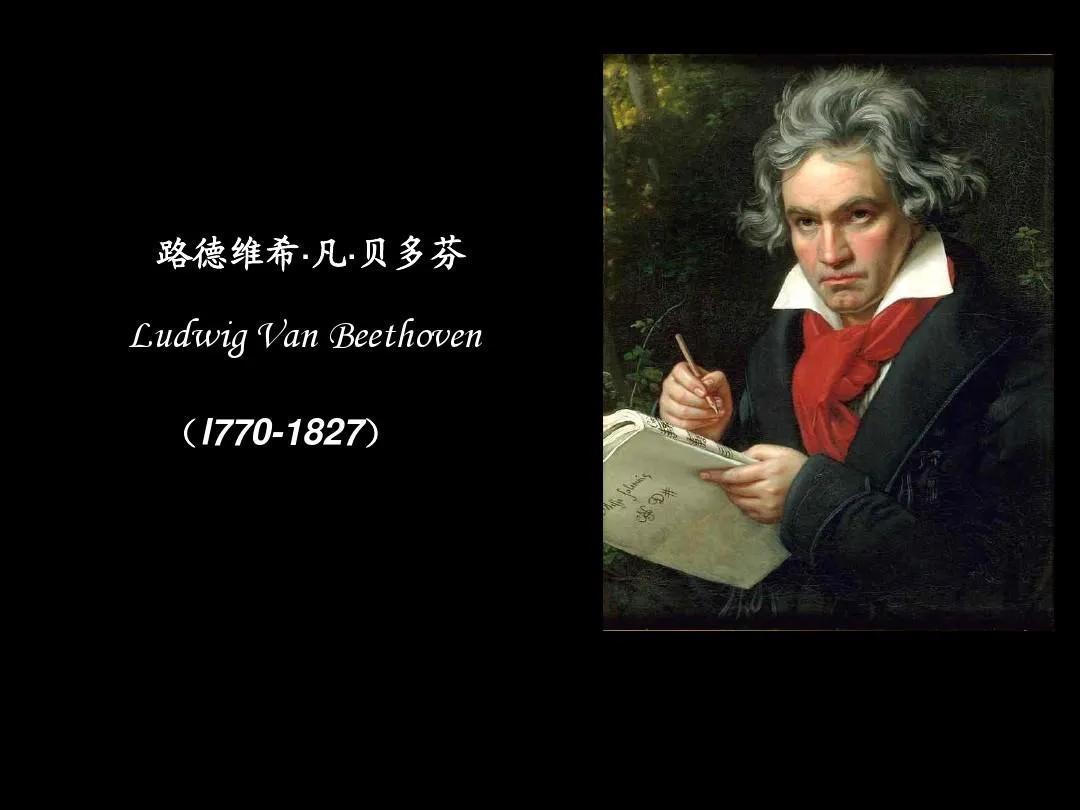
路德维希·范·贝多芬被广泛认为是历史上最伟大的作曲家之一。1770年出生于德国波恩的贝多芬从小就表现出了音乐天赋,并接受了他的父亲和克里斯蒂安·戈特洛布·尼夫的训练。17岁时,他已经开始以钢琴家和作曲家的身份出名。
贝多芬于1792年搬到维也纳,师从约瑟夫·海顿,并很快获得了钢琴演奏家和创新作曲家的声誉。尽管患有听力损失,最终导致他完全失聪,但在此期间,贝多芬继续创作了一些他最著名的作品,包括《第九交响曲》和《月光奏鸣曲》
贝多芬的音乐风格具有开创性和影响力,融合了古典音乐和浪漫音乐的元素。他以使用创新的和声和形式以及强烈的情感表达而闻名。
在他的整个职业生涯中,贝多芬面临着个人困难,包括经济困难和健康问题。然而,他继续突破古典音乐的界限,留下了激励几代音乐家的遗产。
今天,贝多芬的音乐仍然被广泛地演奏和庆祝。他的艺术成就和对音乐的影响使他成为西方古典音乐史上最重要的人物之一。
Ludwig van Beethoven is widely regarded as one of the greatest composers in history. Born in Bonn, Germany in 1770, Beethoven showed musical talent from a young age and was trained by his father and Christian Gottlob Neefe. By the age of 17, he had already begun to make a name for himself as a pianist and composer.
Beethoven moved to Vienna in 1792 to study under Joseph Haydn and quickly gained a reputation as a virtuoso pianist and innovative composer. Despite suffering from hearing loss, which eventually left him completely deaf, Beethoven continued to create some of his most famous works during this time, including the Ninth Symphony and "Moonlight Sonata."
Beethoven's musical style was groundbreaking and influential, combining elements of classical and romantic music. He was known for his use of innovative harmonies and forms, as well as his intense emotional expression.
Throughout his career, Beethoven faced personal struggles, including financial difficulties and health problems. However, he continued to push the boundaries of classical music and left behind a legacy that has inspired generations of musicians.
Today, Beethoven's music is still widely performed and celebrated. His artistic achievements and influence on music have earned him a place as one of the most important figures in Western classical music history.
